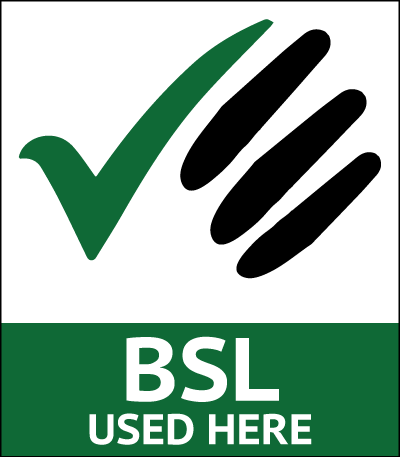Emollient Creams
Risks when using emollient creams
Emollient creams are skin products used to treat dry skin conditions, such as eczema and psoriasis.
They can also be used for some patients who may be in bed for lengthy periods due to illness or impaired mobility when they are at risk of bed sores or ulcers.
Emollient products come in a variety of forms - creams, lotions or gels. All cover the skin with a protective film to reduce water loss.
Regular use of these products, over a number of days, can lead to them soaking into clothing, bedding and bandages or dressings. This residue then dries and can build up within the fabric, leading to a potential fire hazard.
If you then introduce an ignition or heat source to these materials, a fire could easily develop which could burn intensely and spread rapidly.
There is therefore a risk of severe or even fatal burns associated with the use of emollients – and this is true for all paraffin-based emollients regardless of paraffin concentration. Data also suggests there is also a risk with paraffin-free emollients.
Nationally, there have been a significant number of deaths associated with emollient skin products within the last 10 years.
What can I do to make sure I am safe?
- Never smoke in bed.
- Do not smoke or use naked flames if there is any chance your clothing or dressings could be contaminated with these products.
- Remember that being near people who are smoking or are using naked flames is just as dangerous.
- Do not cook if there is any chance your clothing or dressings could be contaminated with these products.
- Do not sit too close to any open fires, gas fires or halogen heaters.
- Ensure your clothes and bedding are changed regularly, preferably daily.
- Be careful to make sure that the cream does not soak into chairs, seating or other furniture.
- Wash your clothing and bedding at the highest temperature recommended by the fabric care instructions. This should reduce some of the contamination although may not remove it completely.
- Tell your relatives or carers about your treatment.
- Tell your doctor, nurse or pharmacist if you normally smoke. They will be able to offer you help and advice to stop smoking.
Further information is available on the UK Government website.
Fire Hazard With Paraffin Based Skin Products On Dressings And Clothing document

